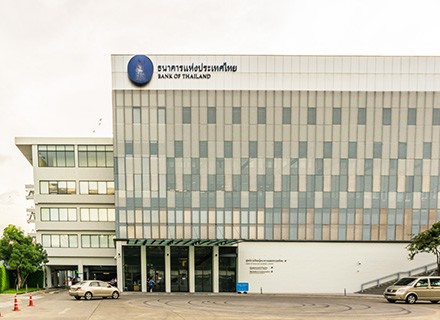Bank Indonesia (BI) and Bank of Thailand (BOT) recently launched a cross-border QR payment linkage between Indonesia and Thailand, under which, consumers and merchants from both countries will be able to make and accept instant cross-border QR payments for goods and services, according to media reports. This launch is in the pilot phase and it is expected that a full-fledged launch will happen in 2022.
This connection is the first of its kind that links the retail payment system operators in both countries and also marks a key milestone in the ASEAN Payment Connectivity initiative that aims to promote financial integration in the region. The development of the QR payment system is similar to that launched between Singapore and Thailand and Malaysia and Thailand, where the countries announced their own cross-border payment.
The pilot launch of the QR payment system will focus on ensuring smooth interconnection and pave the way for customers, merchants, and operators for the full commercial launch next year. Currently, users from Indonesia can now use their mobile payment application to scan Thai QR codes to make payments to merchants all over Thailand.
Similarly, users from Thailand can also use their mobile payment applications to scan Quick Response Code Indonesian Standard (QRIS) to pay for goods and services at merchants in Indonesia along with using this feature for e-commerce transactions.
Sugeng Sugeng, deputy governor of Bank Indonesia told the media, “One interesting aspect of this project is the use of direct quotation of local currency exchange rates provided by the Appointed Cross Currency Dealer (ACCD) banks under the Local Currency Settlement (LCS) Framework to improve the efficiency of the transactions, thus lowering transaction costs.”
“The significant expected outcome of this first cross-border payment project is not only to facilitate transactions in the tourism sector but also to assist SMEs in tourist areas. This project will also increase financial inclusion, inclusive digital economy, and e-commerce transactions.”

